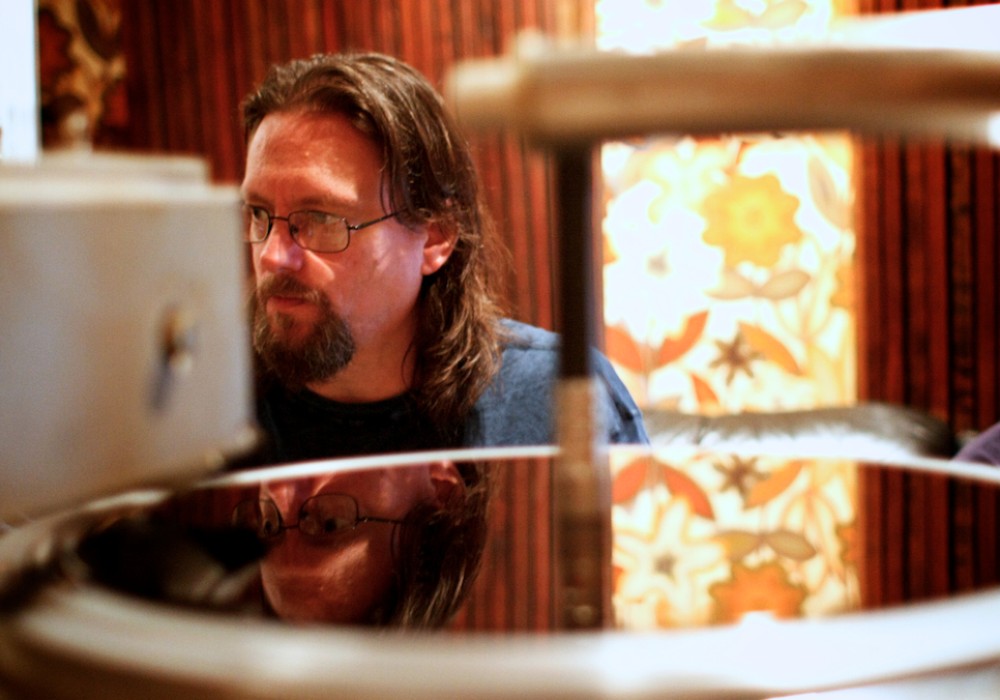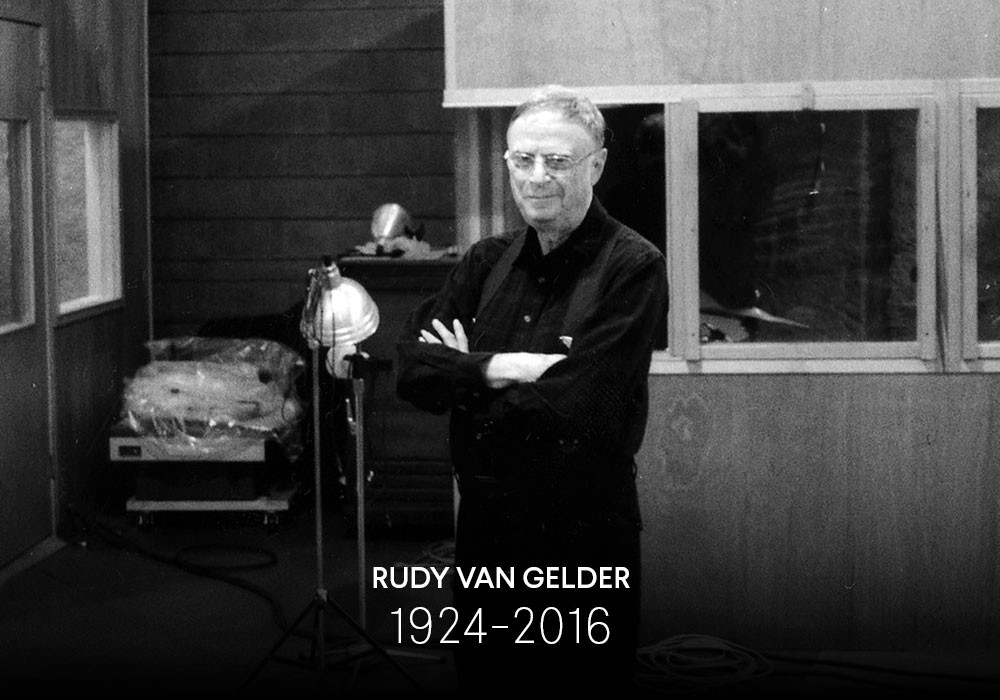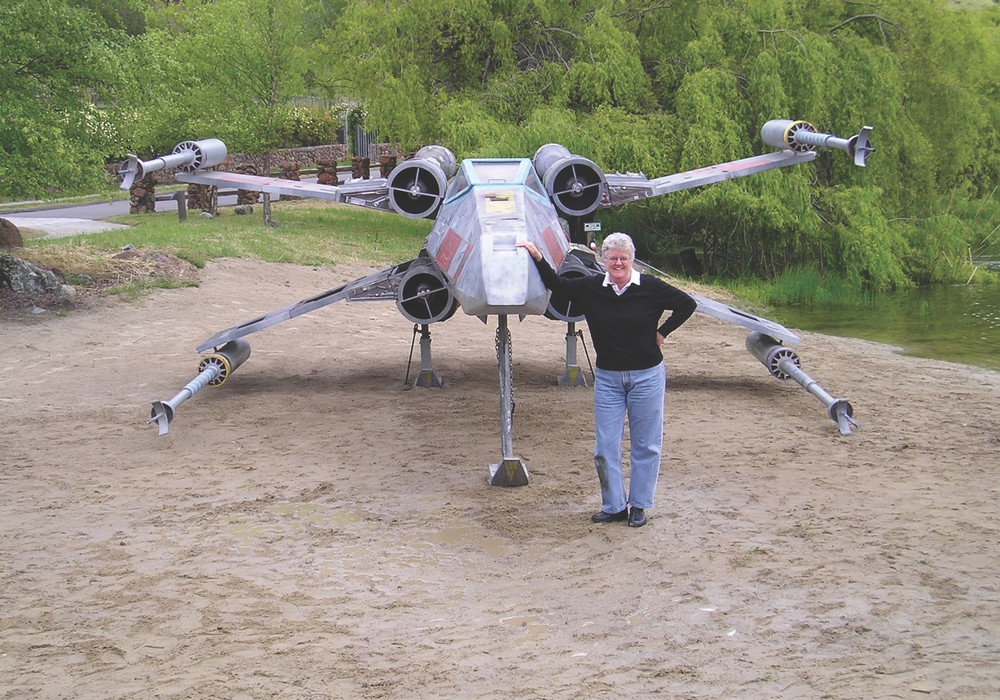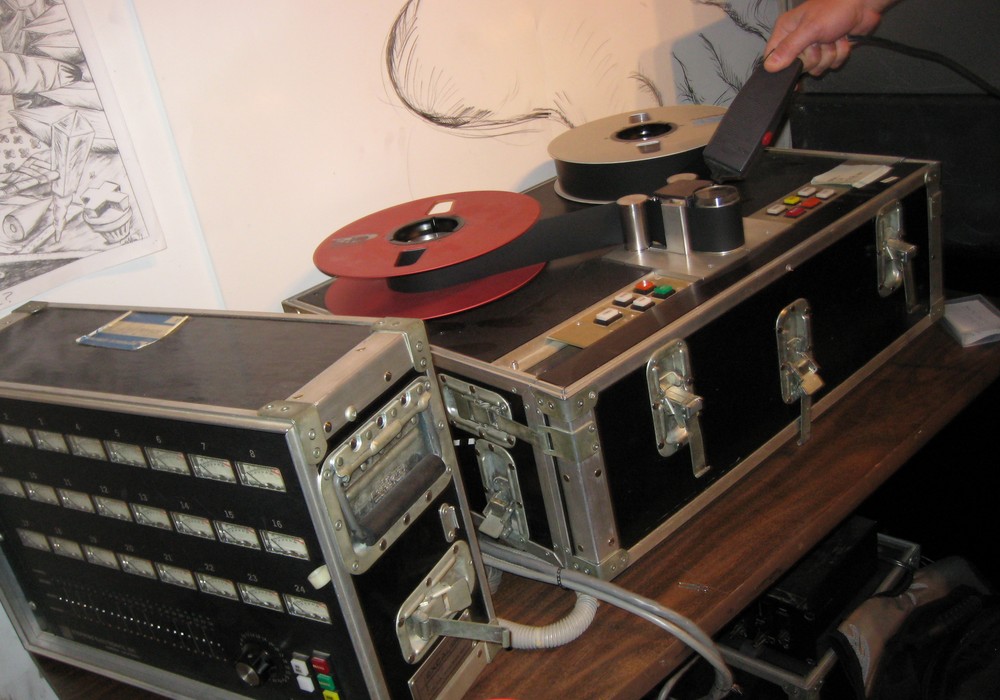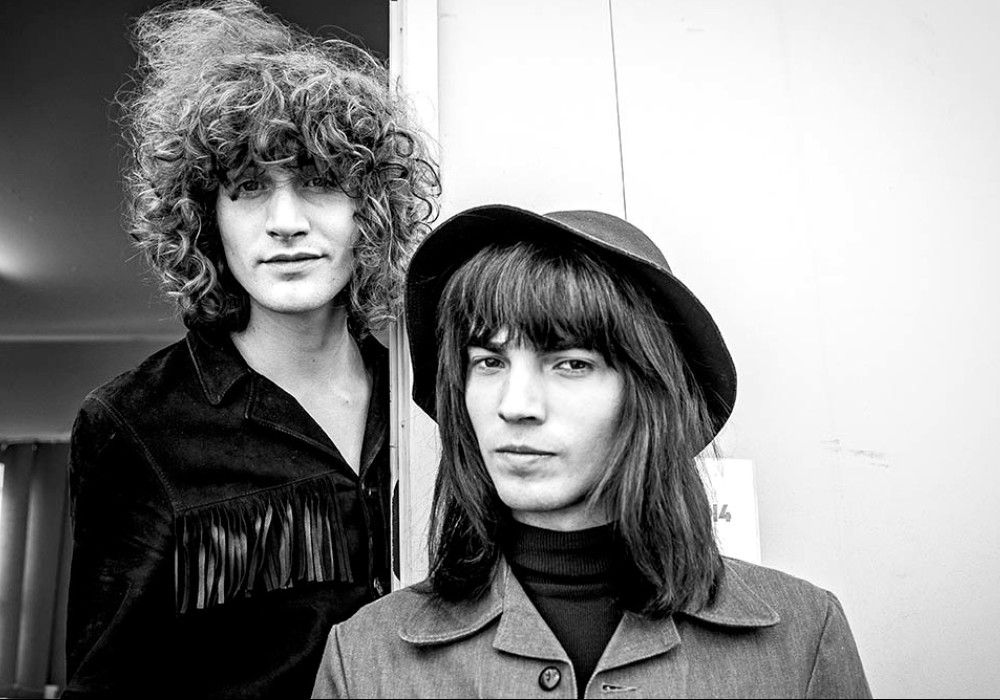I became a friend of John Hampton's when he recorded my sister-in-law (Gail Elise Clifton of the Klitz) in 1986 at Ardent Recording Studios in Memphis, Tennessee [Tape Op #58]. His production skills were clearly at work while producing a fine sounding demo that may someday see the light of day! With a background in electronics, John started at Ardent as a studio tech in July of 1977; eventually working his way up the studio staff ladder to become the industry-respected producer/ engineer that he is today. John has been awarded 23 gold and platinum records, several Grammy nominations and three Grammy wins. He's also worked with Alex Chilton, the Gin Blossoms, The White Stripes, Travis Tritt, Jimmy Vaughn and many others.
Which do you prefer: the producer role or the engineer role?
The producing role, if you want to call it that. Although I've been producing records since '87, I don't think I've really been producing records until the last five or six years, because all the pieces are finally together and assembled. I finally have a vision and I see it all. It took a while. Years before Ardent, I was driving home one day from work and heard "Honky Tonk Women" on the radio for the very first time. I heard that cowbell and then Charlie [Watts] come in — I pulled over and rocked out to the whole thing. When I started working here I got engineer ears; I started nitpicking everything. Slowly, but surely, the nitpicking became the captain of that ship. After working in the studio for a while I heard "Honky Tonk Women" again and I thought, "That sounds like crap." I had engineer ears now. Then it hit me one day that I used to love that song and now I don't like it. Has the song changed? I've changed, not the song. So I slowly started what turned into a ten-year venture. I turned that boat around, falling back in love with music instead of in love with technology and how it gets put together. The only way that I've been able to do that is by making what I do, the engineering part of it, so easy that I can do it with my eyes shut. It's all in the background
So it's like the engineering is second nature?
Yes. That way I can focus on the band and the song. Now I need an assistant [engineer] — somebody to watch the meters and all. I'll be listening to the performance, not watching the meters. This is especially true with digital recording.
It's the "new" technology.
I don't like to watch those meters. To be honest with you, I'd rather be on all analog tape. And what's strange is it's all coming back. I grew up listening to records and then when I had CDs I thought, "It must be better, it's digital." It's amazing how people will buy the next new hot thing, whether it's doing us any good or not.
Are you seeing artists come in who prefer using analog?
Yes. Going back to analog is making me a happy guy. Although we have the best console for a digital audio workstation on the planet, it's also really good for analog tape. It controls a Studer analog tape machine as well as it records; and it controls Pro Tools too. But, for performers with analog it's, "Guess what dude, you have to sing it." I'm not going to cut and paste your vocal. You have to sing it...
The performance comes back into play.
Yes, thank you. I get to listen to a performance again, and the artist has got to play it right and has to play it well. I've got a new MacBook Pro — have you seen that new GarageBand? My goodness, it's like it's almost that (points to the Studio C SSL console). It's almost Pro Tools; it's an amazing amount of technology. You sing a word too short or in the wrong place, no problem. Just nudge it or scoot it around; or get it in tune or Auto-Tune it if it's a little flat. You can make crappy music bearable. Everybody's making recordings that way. What's out there to me is 85 to 90 percent crap. These kids are getting these laptops with all the recording technology and then isolating themselves and not collaborating. There are no Lennon and McCartney's, no Jesse [Valenzuela] and Robin [Wilson], of the Gin Blossoms. No back and forth collaboration — none of that. They're all by themselves, making crap and then wondering why people don't like it. How come nobody likes it?
You can record it on an iPhone.
Don't get me started on that. This is a bad dream, right? Good luck getting dynamic range out of a 1.7 volt battery, because you won't. I mean this thing's (points to the console) got 36 volt rails —...
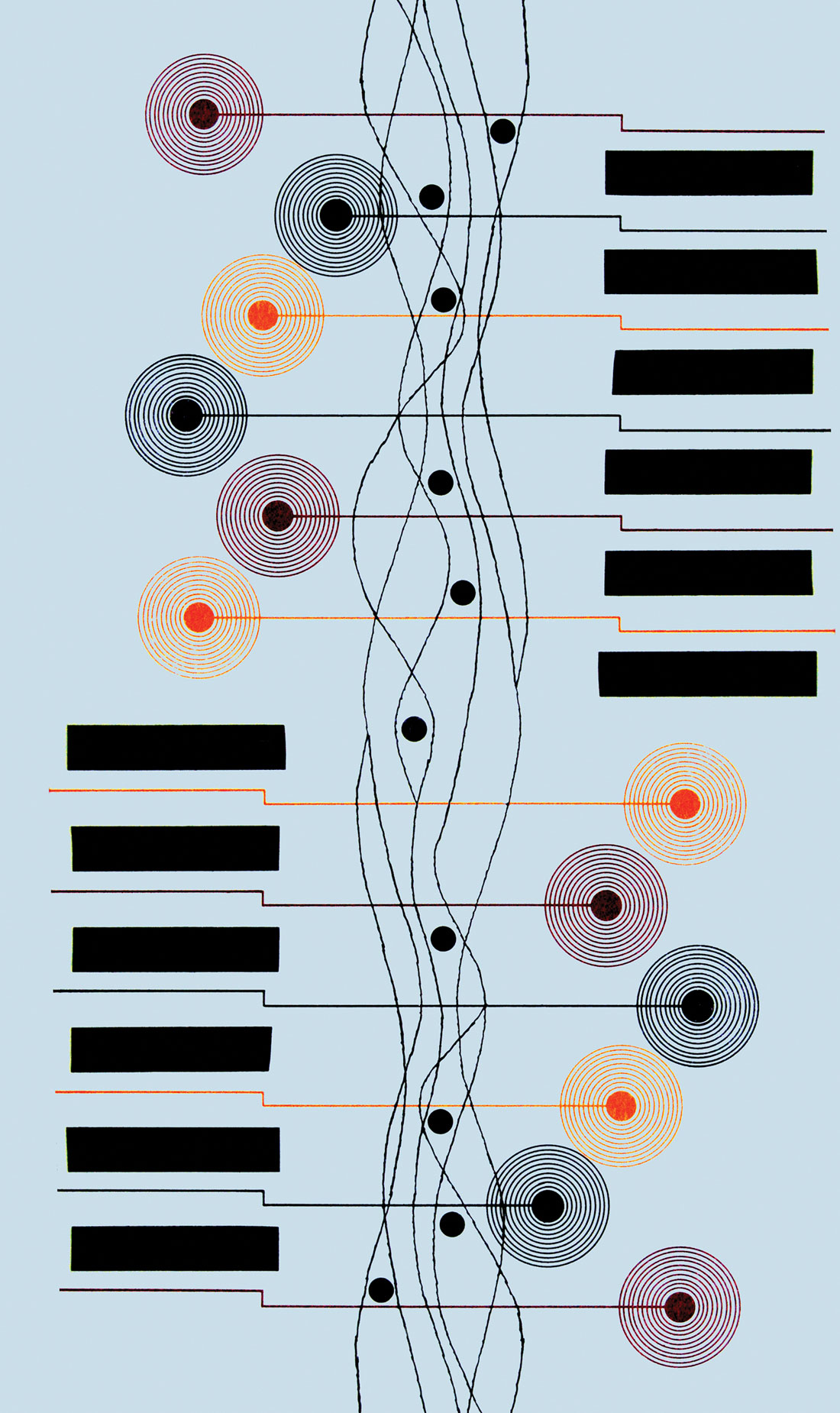

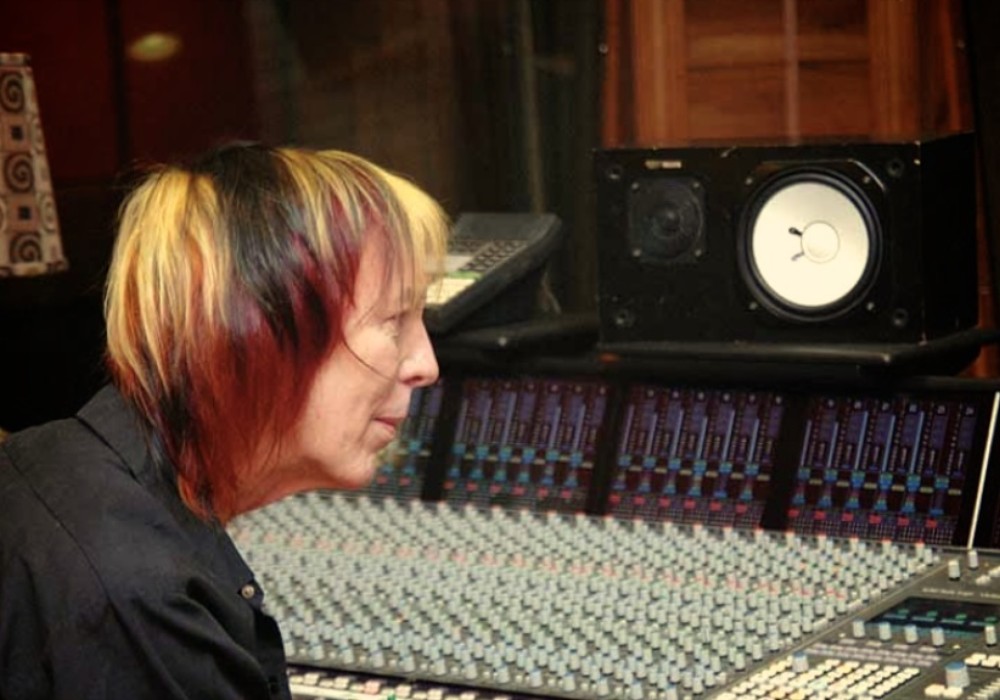
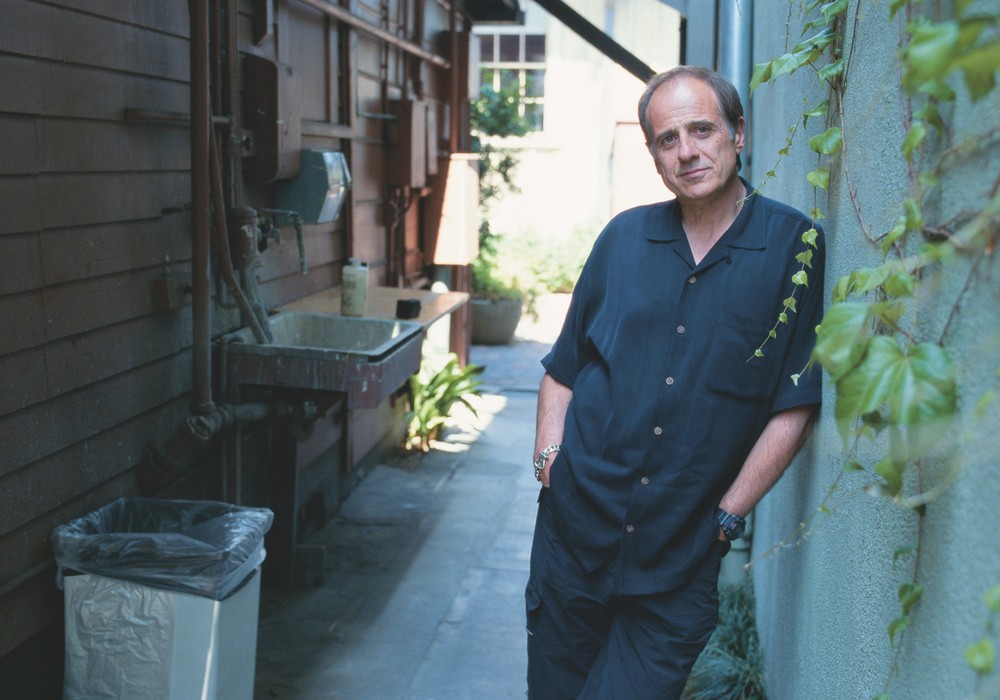
_display_horizontal.jpg)
